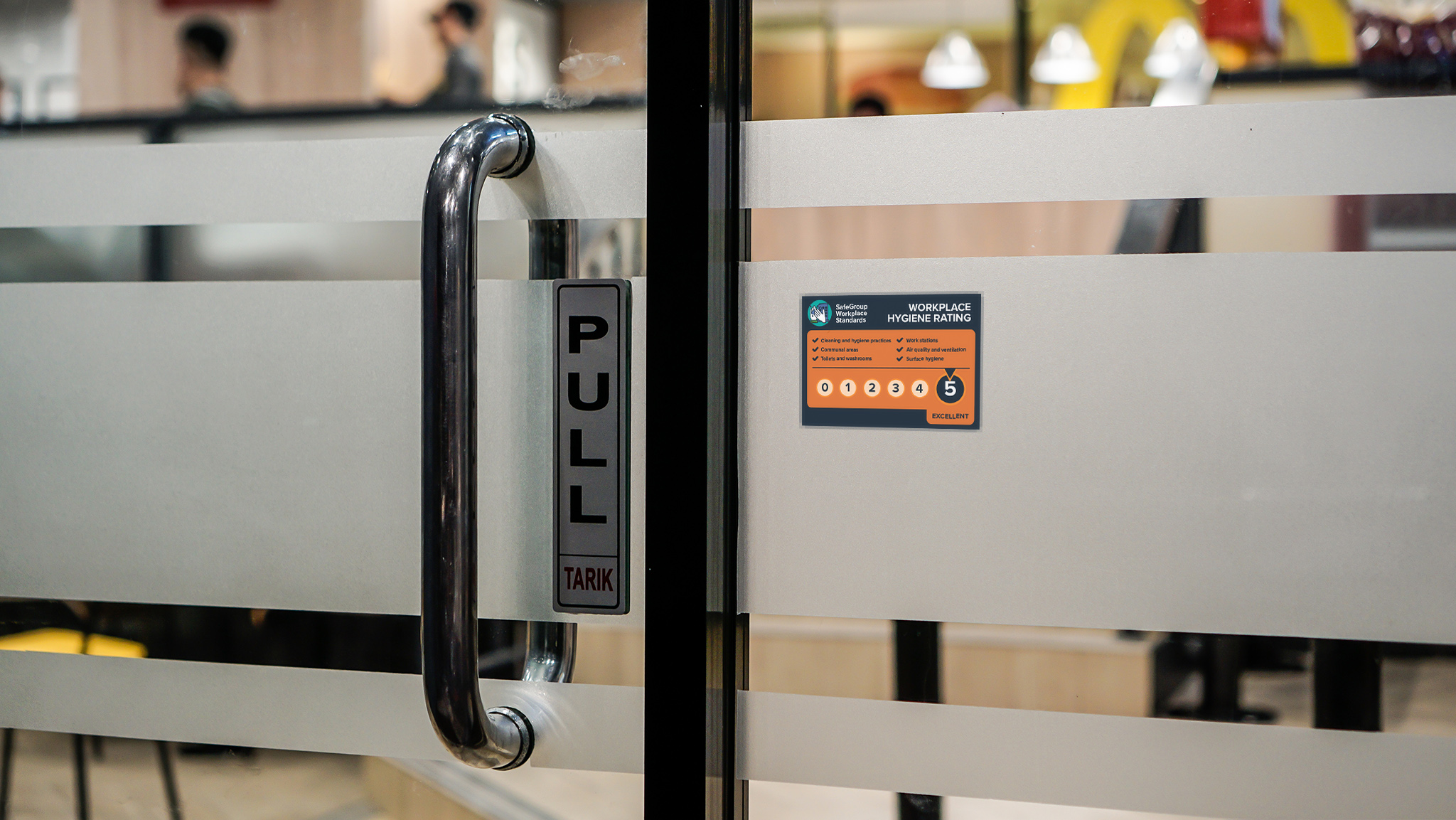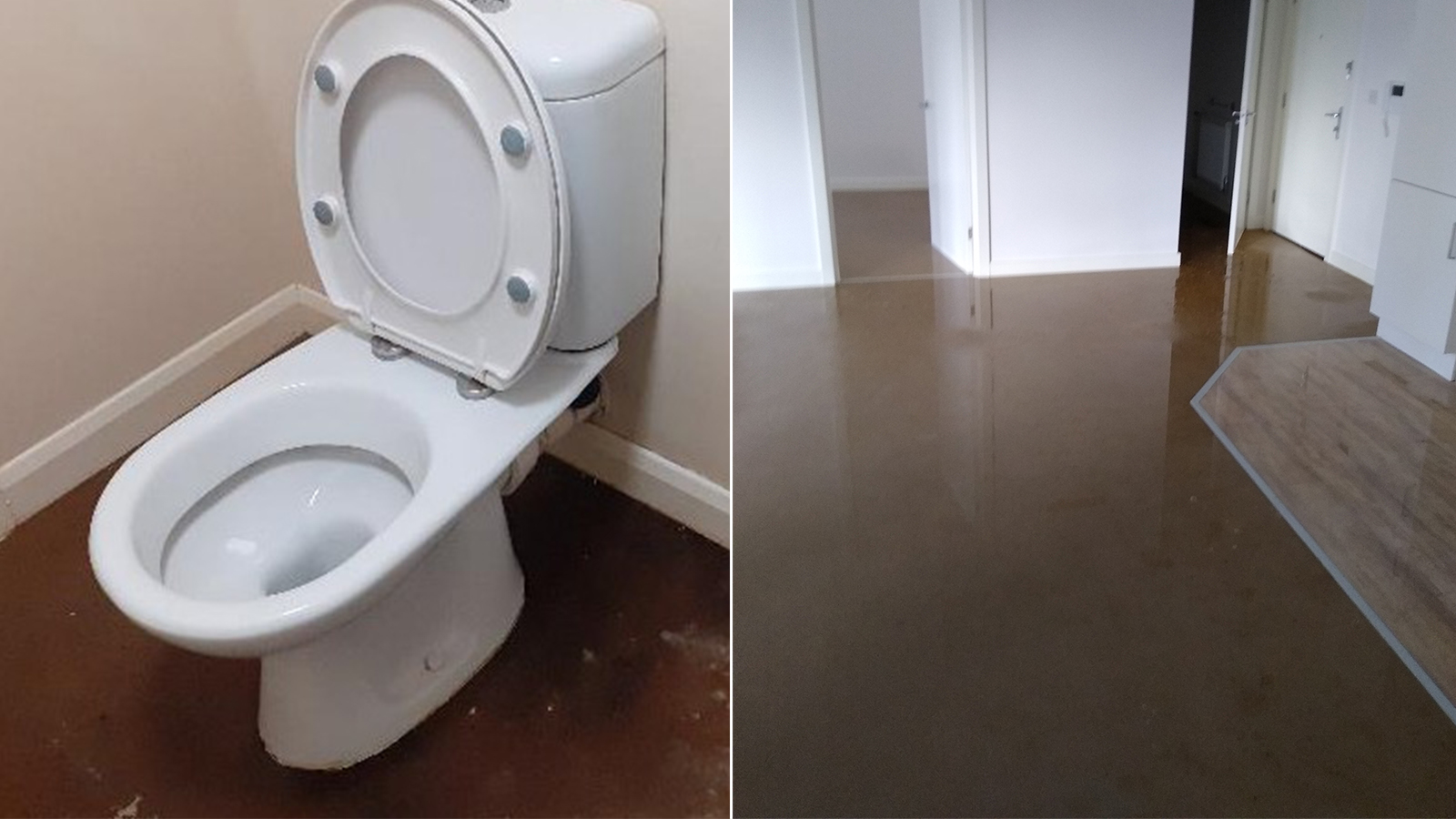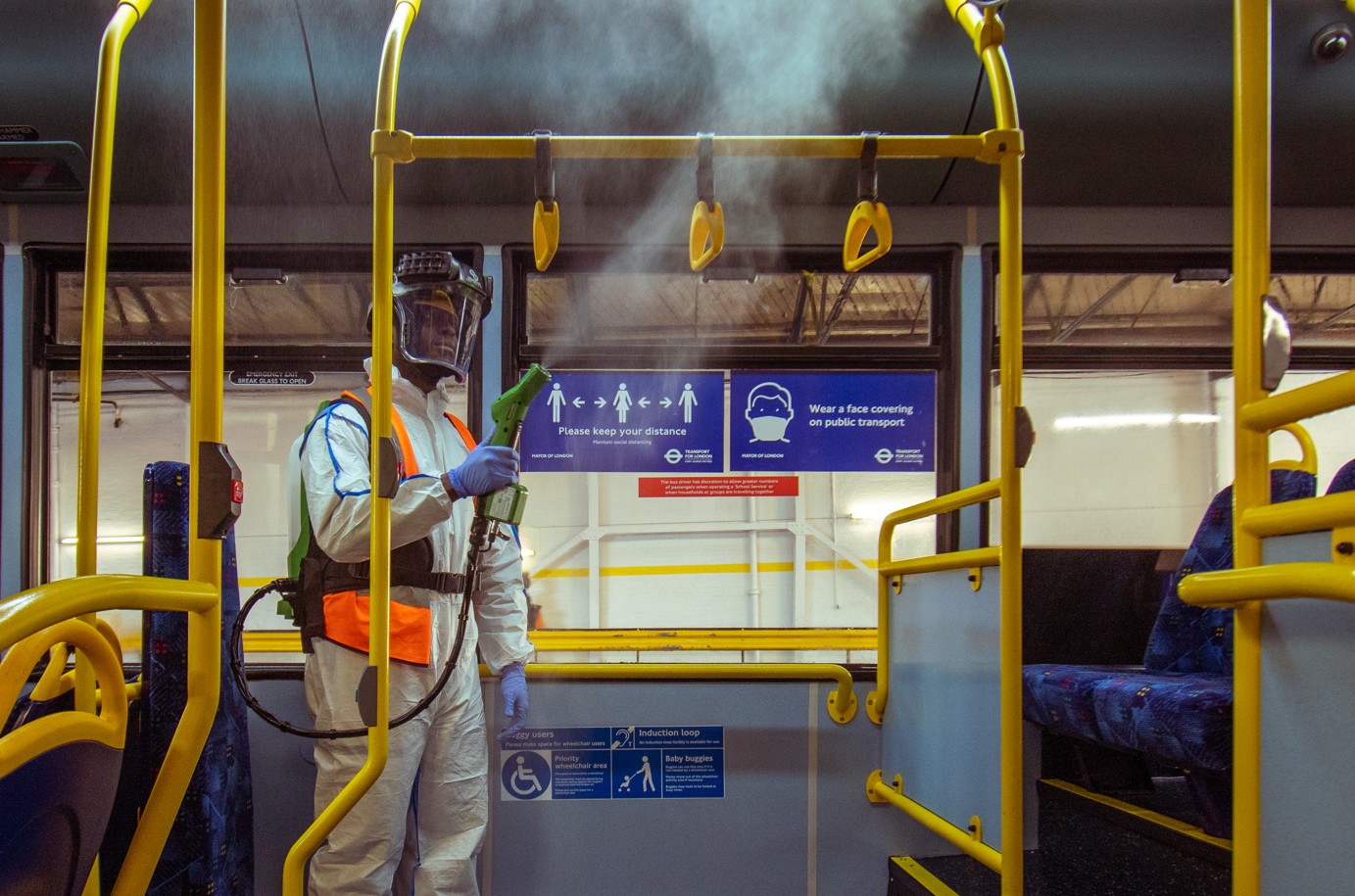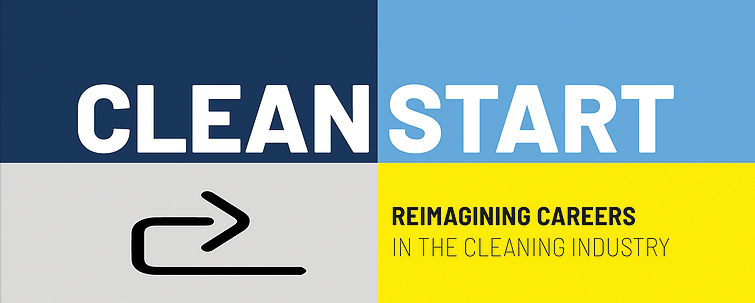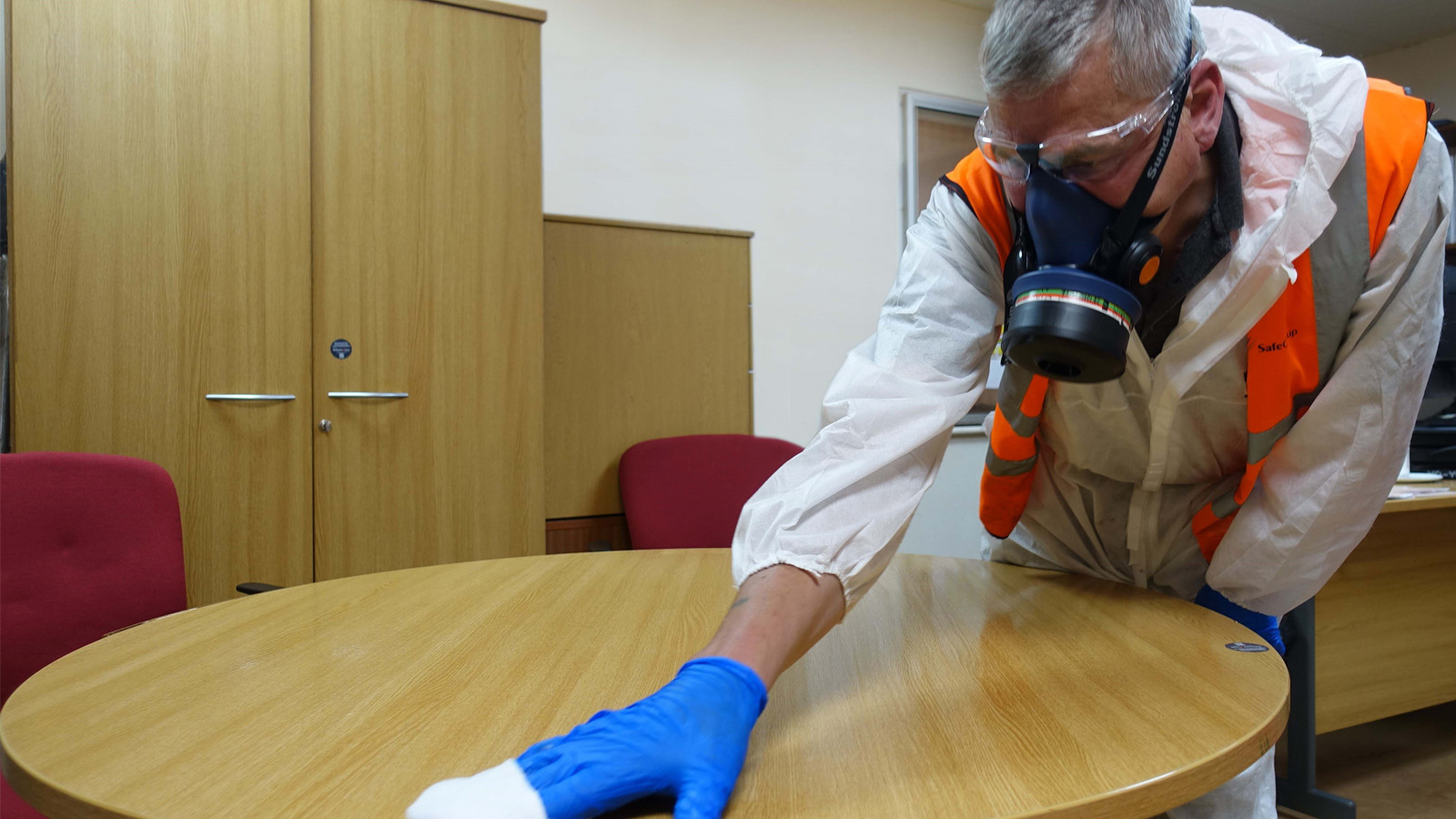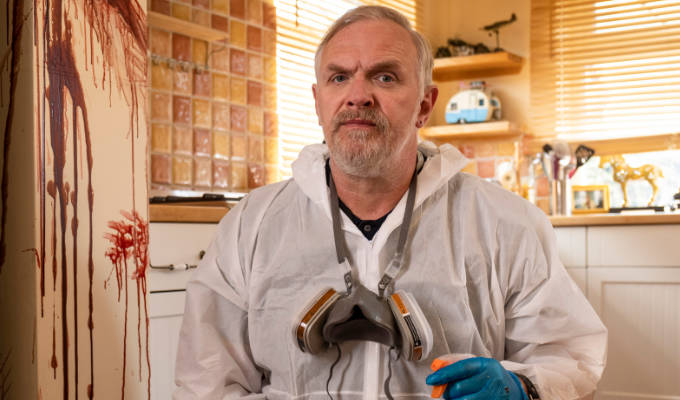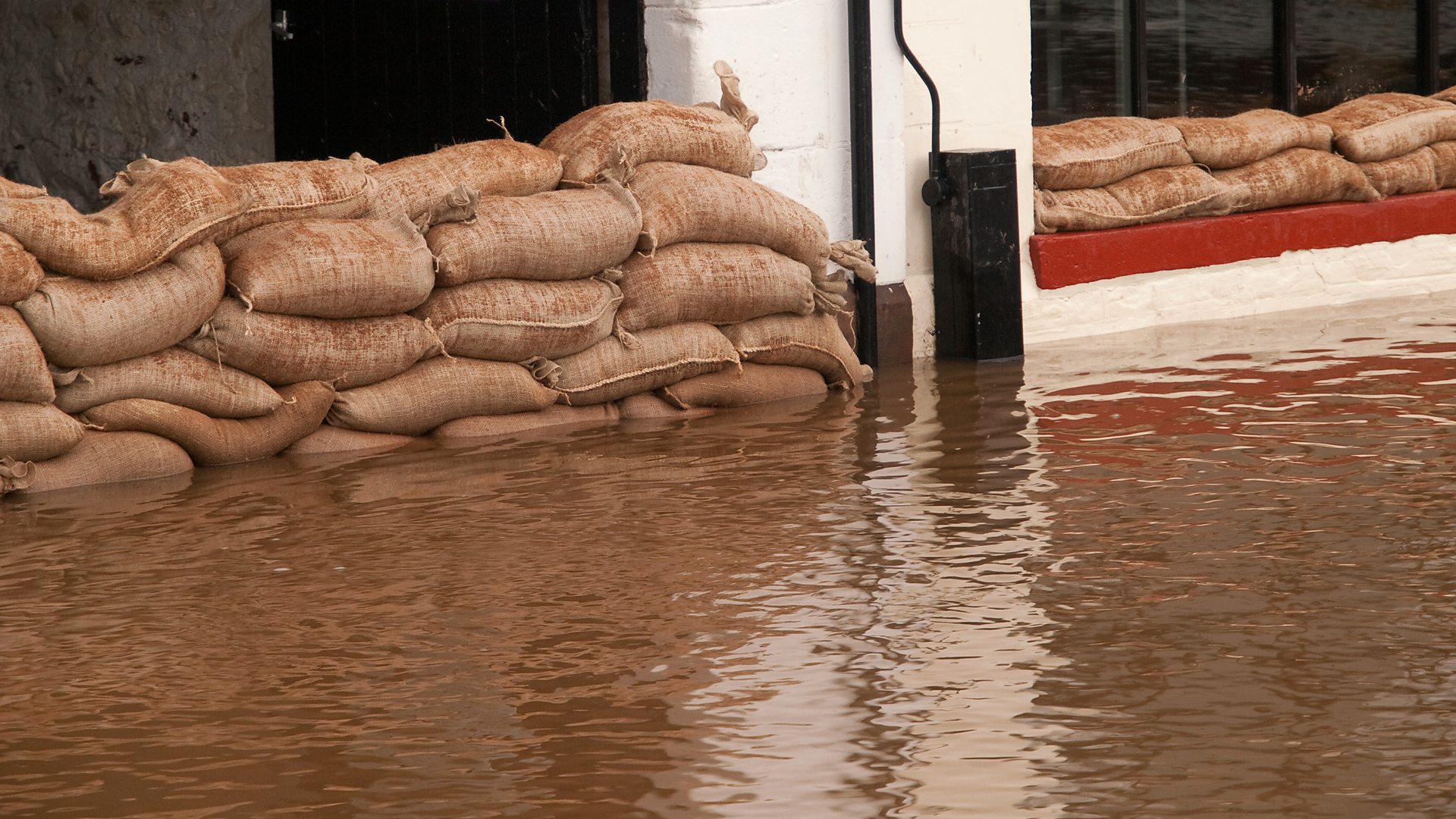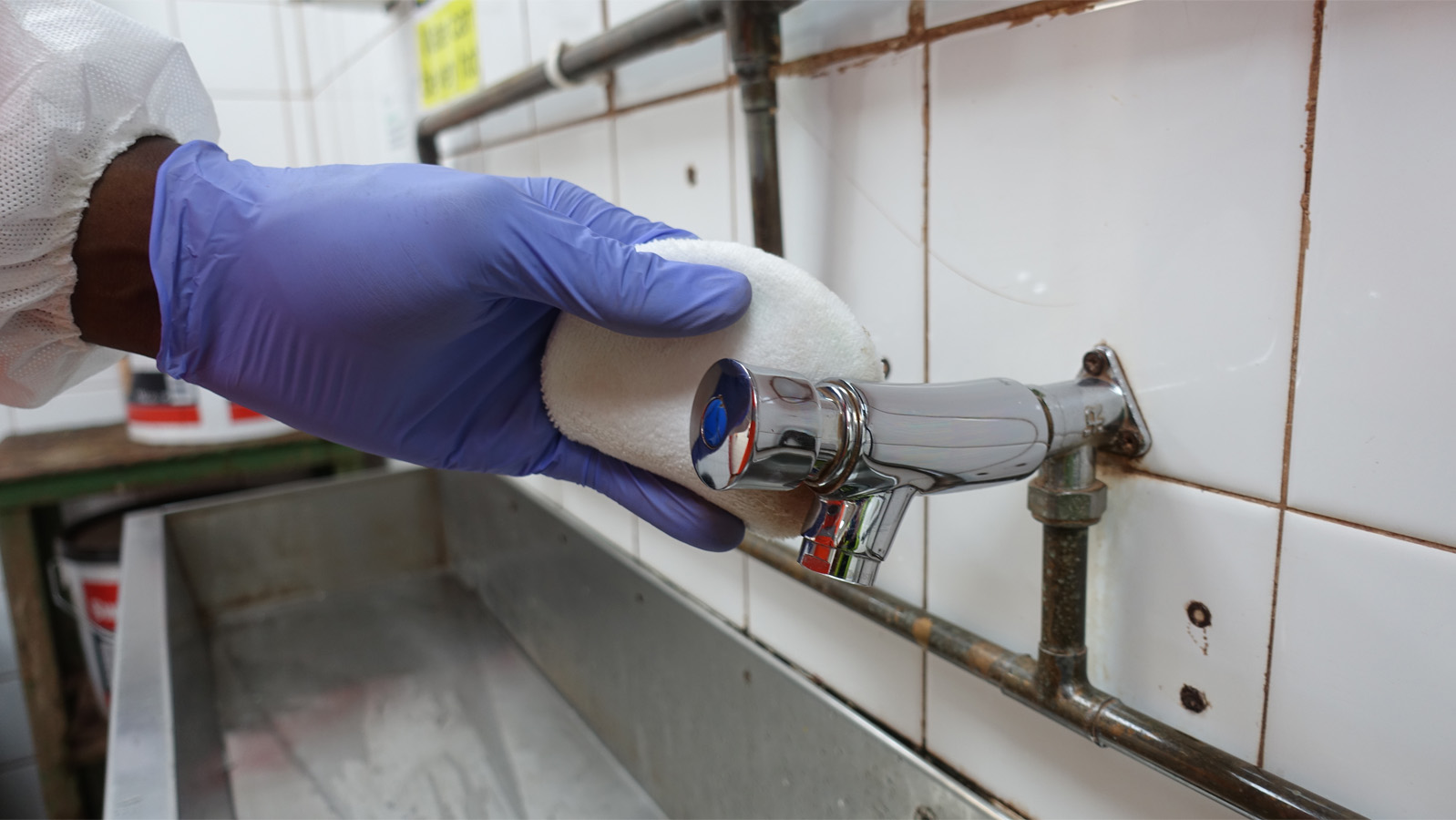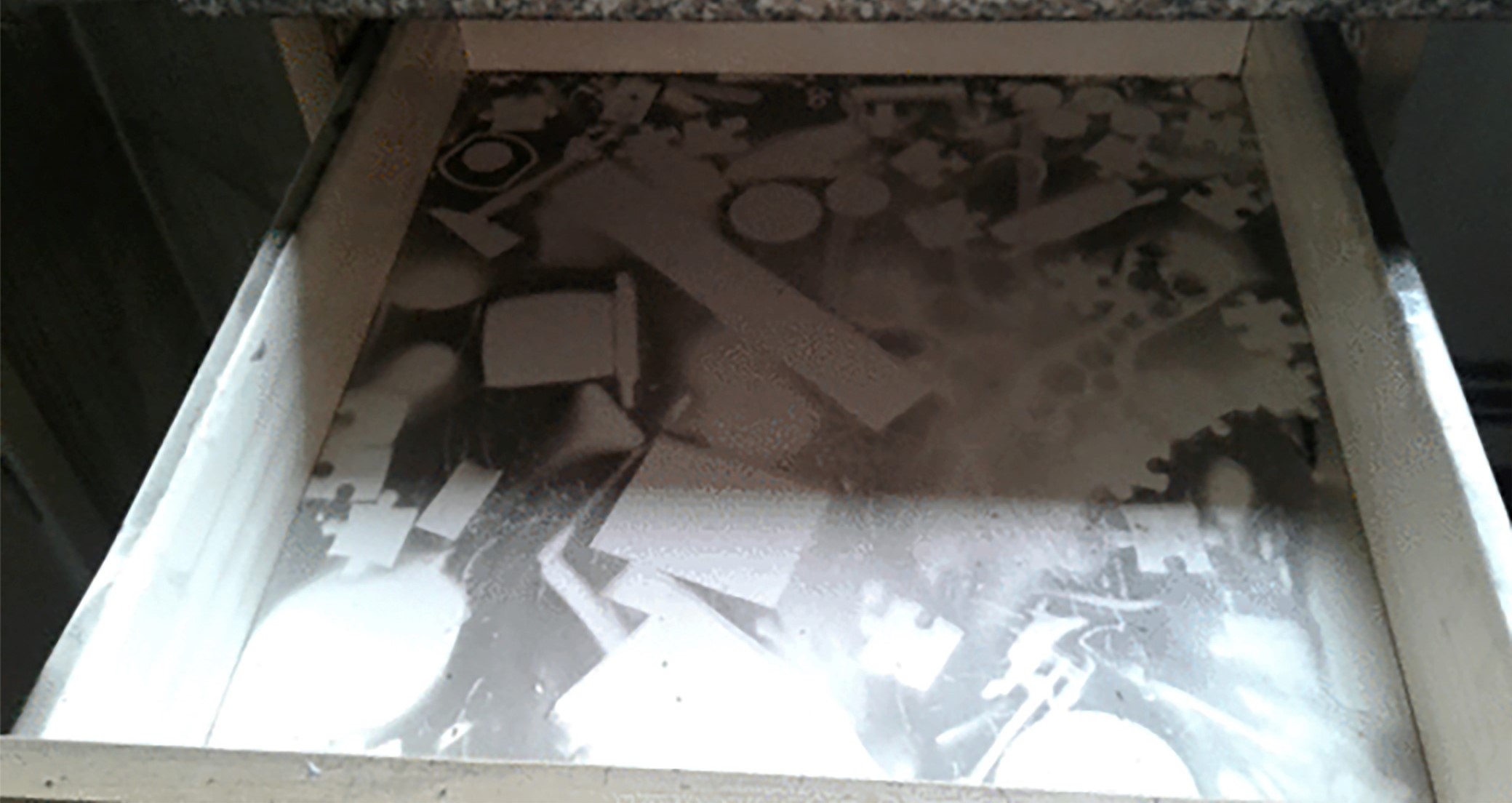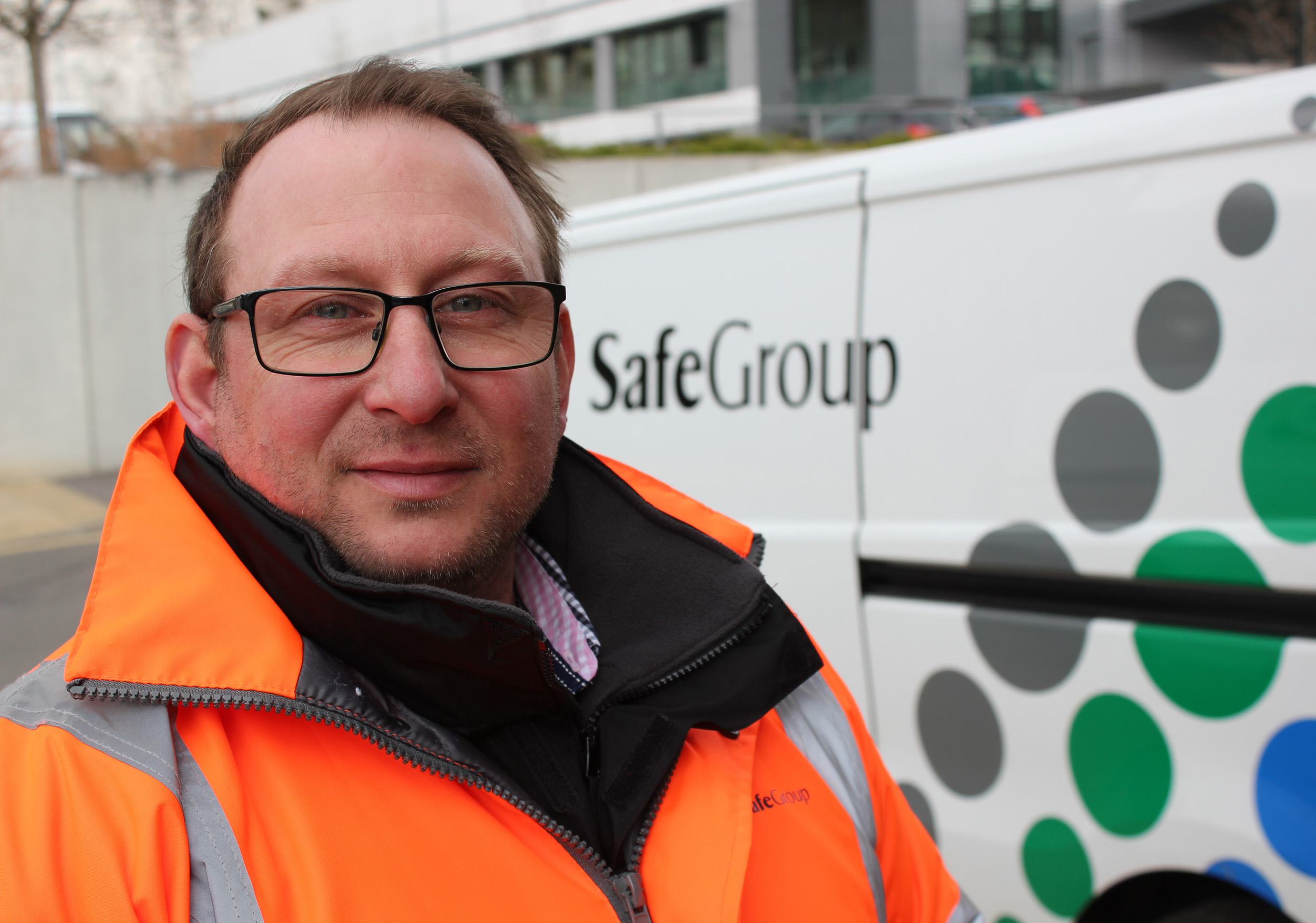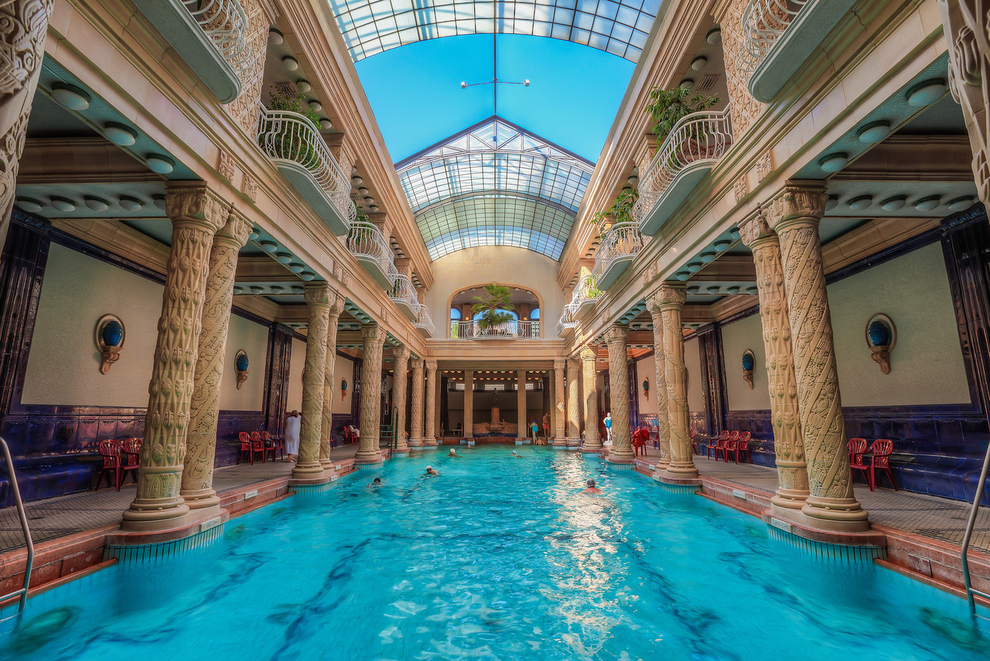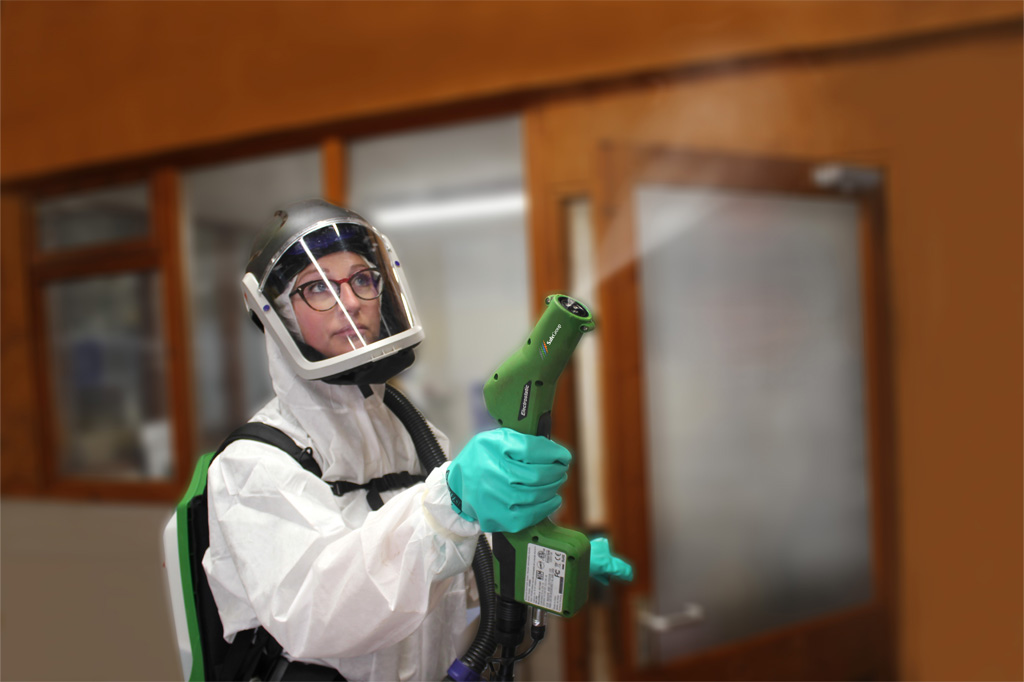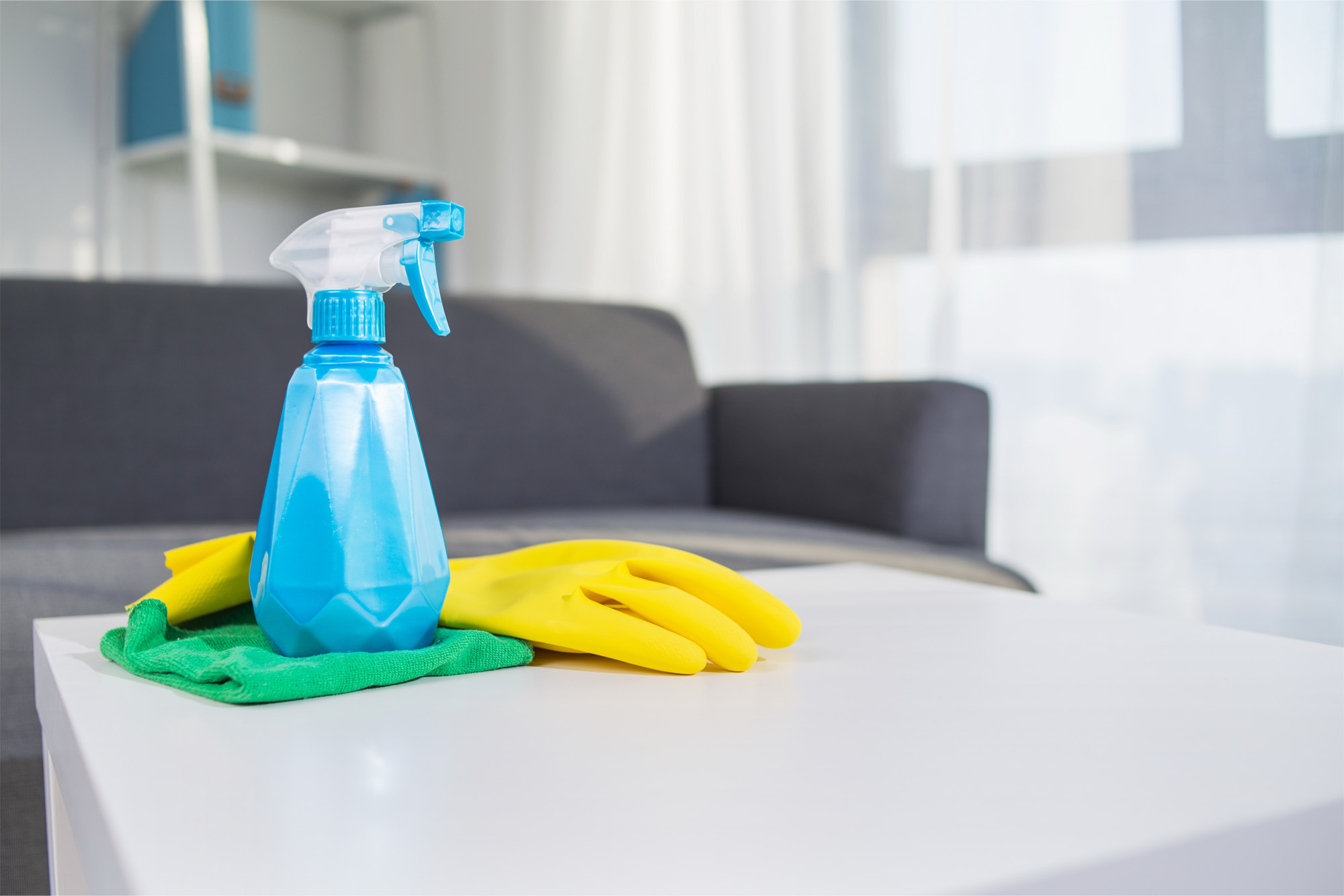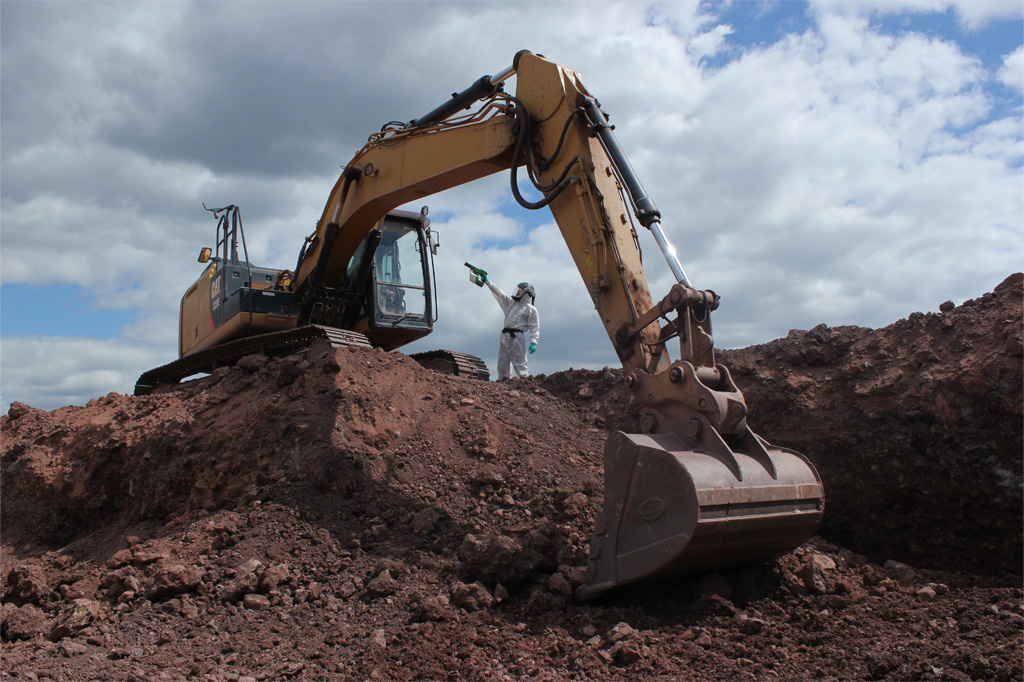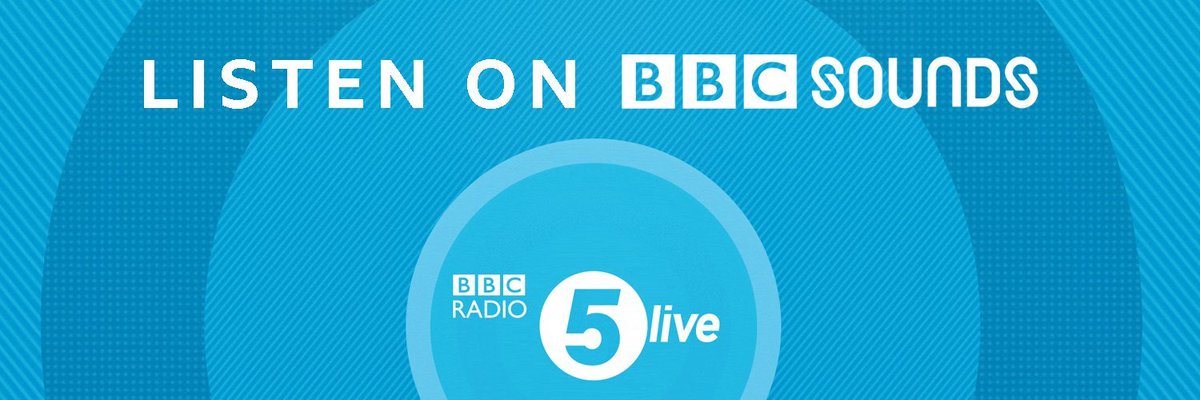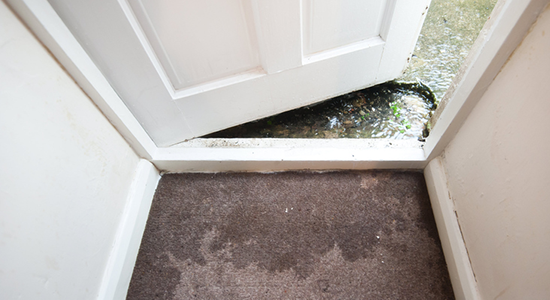So, what if you had the chance to make the same kind of assessment about where you work, or where you are applying to work? Hold that thought for the moment.
Rating success
Food hygiene ratings have been a significant success. No restaurant or café wants to get a bad rating. It’s a way for the local environmental health department to proactively manage hygiene standards in food establishments.
The system came about because too many people were being poisoned by bad food. Public concern had got to the point where something had to be done.
The Food Hygiene rating scheme combines the best elements of legal control with what can be termed as nudge theory. The enforcers pay a visit, and then make it worth your while to comply with good hygiene by giving out top ratings to those with a decent standard of hygiene.
I believe there is now case for adopting a similar approach to wider workplaces and customer spaces. The reason, of course, is the COVID-19 pandemic and the heightened concern it has raised about hygiene issues.
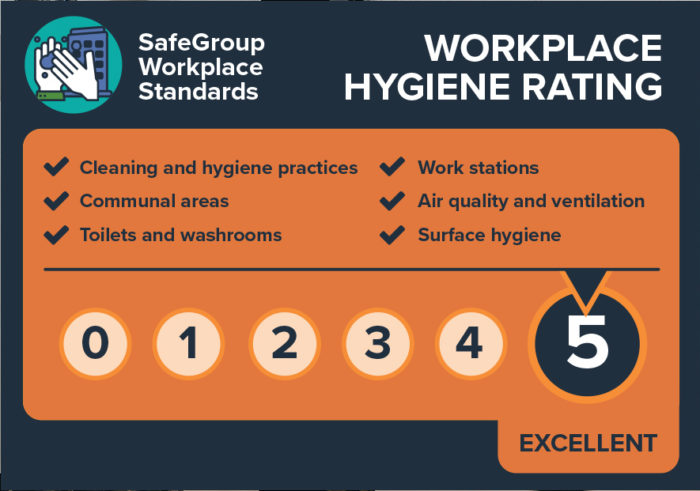
Cleaning sensitivity
There is plenty of evidence, from many opinion surveys and changing behaviours, that people are now more sensitive about the cleanliness and hygiene of places they work, shop, and enjoy themselves.
One survey, by pest product manufacturer Pelsis, found over half of Britons thought businesses could be doing more to improve hygiene.
Nearly three-quarters of respondents wanted to be able to check hygiene protocols of venues online before visiting them.
And there you have it. It seems there is a public appetite to be able to vet venues, whether they be cinemas, shops, and tourist destinations, to see if their hygiene procedures meet expectations now revised upwards.
At the same time, while stepping back from the strictest measures, many venues still have voluntary protocols in place, with support such as sanitary gels in place for those who want to use them.
Hygiene sustainablity
It is only one small step further to formalise this practice with a workplace hygiene rating scheme that recognises the long-term impact of COVID-19 on concerns about viruses, bacteria, and other pathogens that cause illness.
Such a rating system could cover the robustness of the cleaning system in place, including the methods, equipment and processes used to maintain hygiene standards, and the communication in place to promote best practice.
It could also acknowledge the extra measures put in place to prevent hygiene problems occurring in the first place, and their sustainability.
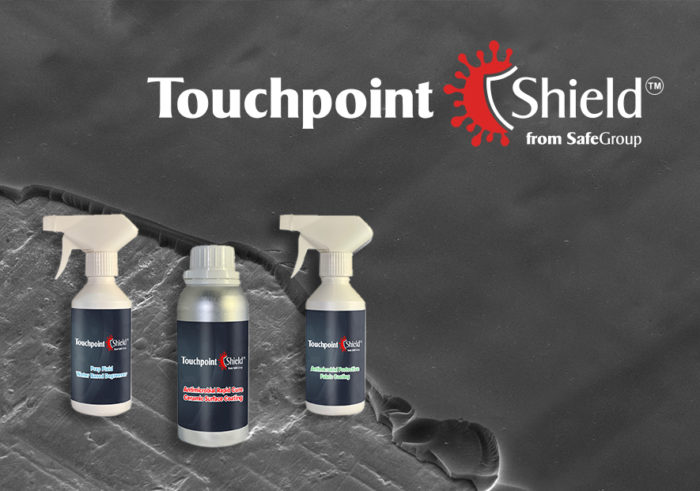
For example, if a company used an antimicrobial surface coating, like Touchpoint Shield™ (a new SafeGroup product), perhaps their rating would be increased.
Using an advanced product like Touchpoint Shield™, proven to destroy harmful pathogens, including SARS-CoV-2, and to last on a surface for up to three years, certainly gets a tick from me.
Smart thinking
There are other products designed to support enhanced environmental hygiene. For example, air purification systems and ultraviolet light systems that companies can use to improve protection for their employees and customers.
As with the food hygiene rating scheme, the key to its success will be the credibility of the standards set and how they are maintained.
I accept, this is where some smart thinking is needed. I don’t think local councils would want to take on such a role. They have plenty on their plates.
A scheme could, however, be developed by one of the large cleaning or FM companies, though conflicts of interest might be a concern. Or, it could be operated by a local chamber of commerce on behalf of its members.
Schemes already exist to support the development of best in class environmental management systems. EcoCampus is one. It assists universities and colleges in achieving recognised environmental standards, such as ISO 14001.
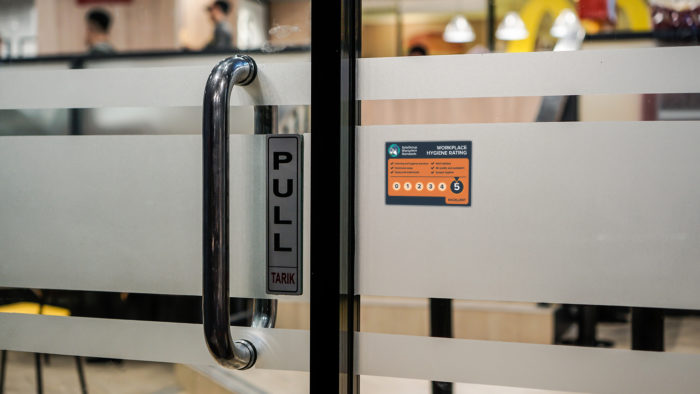
CSR objectives
It’s possible that these schemes could be augmented, or a similar approach developed, to help large organisations, like education institutions, to incorporate certified hygiene standards and ratings.
In my view, an organisation that can demonstrate that it goes the extra mile to keep staff safe through maintaining good environmental hygiene, and is willing to be rated on its performance, is justified in including such initiatives in its corporate social responsibility (CSR) objectives.
Good hygiene in the workplace supports the wellbeing and happiness of employees and helps ensure pathogens that can cause harm are not taken out into homes and communities.
A national company, with multiple workplaces across the UK (think, perhaps, a major bank) could also establish its own scheme, partnering with a hygiene consultancy to provide expert support.
What would be interesting is if the scheme included an element of engagement with the workforce. For example, carrying out an annual cleaning and hygiene survey to confirm the high standards were recognised.
Awareness surge
Clearly, a workplace hygiene rating scheme would not be super simple to introduce. It remains to be seen if the need for such an initiative will emerge over the months to come.
Some might argue that the cost would out weigh the benefits. But think about the annual cost of lost work days caused by cold, flu, and now COVID-19, bugs, as well as winter vomiting illnesses.
Also the cost of losing staff because they do not feel safe in your workplace, so would rather move somewhere else.
It’s clear our attitudes to hygiene have changed, and probably for good. There has been a surge in awareness about the impact of hygiene issues in work and public places.
This is going to expand our understanding of the potential links between hygiene and all kinds of illness, not just COVID-19 and flu, which experts say is going to be particularly severe, and deadly, this winter.
In these circumstances, a workplace hygiene rating scheme may one day make perfect sense and become a reality. If so, remember where you heard about it first.
Find out more about how Touchpoint Shield™ can boost your hygiene rating. Call 0800 668 1268.

